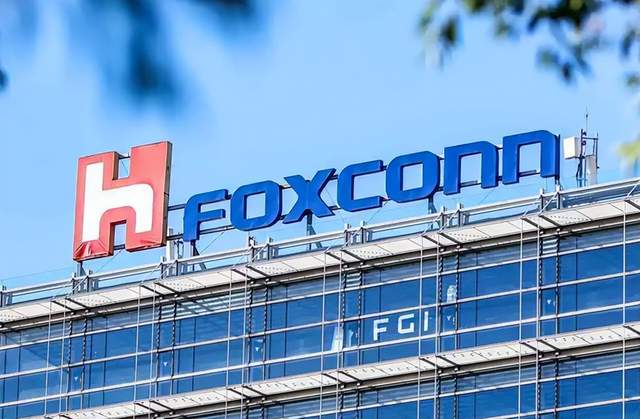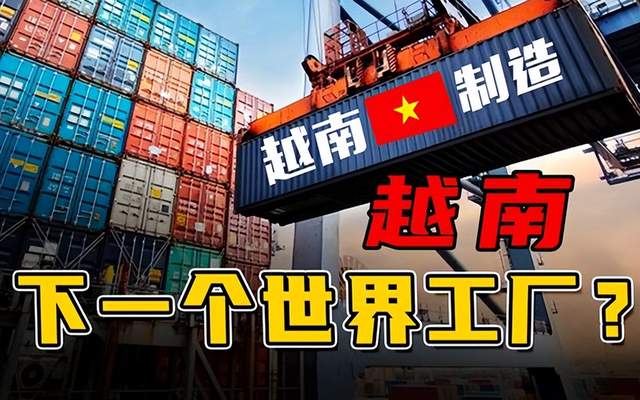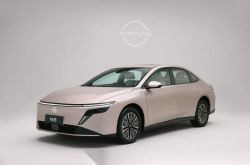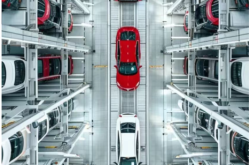Vietnam has just become the second largest mobile phone exporter, and Foxconn has closed its factory, dismantled equipment and shipped it back to China
![]() 08/09 2024
08/09 2024
![]() 696
696
When Foxconn left at first, it was very publicized. It allowed employees from Vietnam, India and other places to come to China to learn technology in its factories, dismantled equipment and packed it up for shipment. However, it has now suffered setbacks in both India and Vietnam. Local news in Vietnam indicated that Foxconn is staging the same scene in Vietnam as it did in China, dismantling equipment, packing it up, and shipping it back to China this time.

The reason for Foxconn's massive dismantling of equipment in Vietnam lies in the shortage of resources in Vietnam, especially during the current summer when Vietnam faces a severe shortage of electricity. In April of this year, it was reported that Vietnam required mobile phone companies such as Foxconn and Samsung to reduce their electricity consumption by 30%, which undoubtedly dealt a heavy blow to the manufacturing industry, as equipment cannot operate without electricity.
At this critical moment when Foxconn is nervously preparing for the production of the iPhone 16, power outages are absolutely unacceptable. Coincidentally, Zhengzhou, China, has once again expressed its welcome to Foxconn, and recently it was rumored that Foxconn in Zhengzhou has aggressively recruited workers and quickly achieved its recruitment goals, hiring 50,000 employees in just two weeks, accounting for about one-sixth of the peak number of Foxconn employees in Zhengzhou. This has further strengthened Foxconn's determination to relocate its factories back to mainland China.
In addition to significantly reducing production capacity in Vietnam, Foxconn has also suffered setbacks in India. Its two peers, Wistron and Pegatron, have already suffered heavy losses in India. Wistron's Indian factory has been acquired by India's Tata Group, and Tata is currently in talks to acquire a controlling stake in Pegatron's Indian factory. Since the beginning of this year, Foxconn's factory in India, which specializes in manufacturing mobile phones for a Chinese company, has lost 70% of its orders to a local Indian contract manufacturer. All of this has dampened Foxconn's enthusiasm for investing in India.
Under such circumstances, Foxconn undoubtedly recognizes that Made in China is more reliable. It took Foxconn four years to increase its workforce in India to 50,000 employees, while Foxconn recently achieved the same number of employees in Zhengzhou in just two weeks. Moreover, Foxconn, Wistron, and Pegatron have maintained control of their factories in mainland China for many years, allowing them to appreciate the superiority of China's business environment.

Foxconn's massive reduction in factory capacity is undoubtedly a major blow to Vietnam, which had just excitedly announced that it had become the world's second-largest mobile phone exporter. Foxconn and Samsung are among the companies that produce mobile phones in large quantities in Vietnam, but their departure will cause Vietnam to lose its glory as the second-largest mobile phone exporter before it even has a chance to shine.
Foxconn's massive reduction in production capacity in Vietnam comes after Samsung actually reduced its production capacity in Vietnam last year. Last year, Samsung transferred more than 40 million mobile phones to contract manufacturers in mainland China for production. The industry expects Samsung to transfer more than 67 million mobile phones to Chinese contract manufacturers this year, in stark contrast to Samsung's closure of all its mobile phone factories in mainland China several years ago.
The exodus of mobile phone manufacturing from Vietnam and the return to the embrace of Made in China undoubtedly proves that Made in China has unique advantages. The cost of mobile phone manufacturing is not just labor costs; production efficiency, the completeness of the industrial chain, and other factors also have a significant impact on the mobile phone manufacturing industry. All of these are the advantages of Made in China, with efficient logistics and a complete industrial chain enabling Foxconn and others to achieve close integration with the industrial chain, ensuring that components arrive at the production line on time and that the production line can operate 24 hours a day.
Apple, Foxconn's largest customer, is now placing even more emphasis on Made in China. Most of the orders for this year's iPhone 16 have been placed with factories in mainland China. Luxshare Precision has secured more orders for the iPhone 16, while BYD has become a new iPhone contract manufacturer. Even major customers are valuing Made in China, making it only natural for Foxconn to return to mainland China.

With its unique charm, Made in China has proven that China's status as the world's largest manufacturing country is not accidental but the result of concerted efforts from all aspects of China. Even today, Made in China still has unique advantages that countries with lower labor costs such as India and Vietnam do not possess. These advantages drive the continuous development of Made in China and allow the world to continue enjoying high-quality products made in China.







